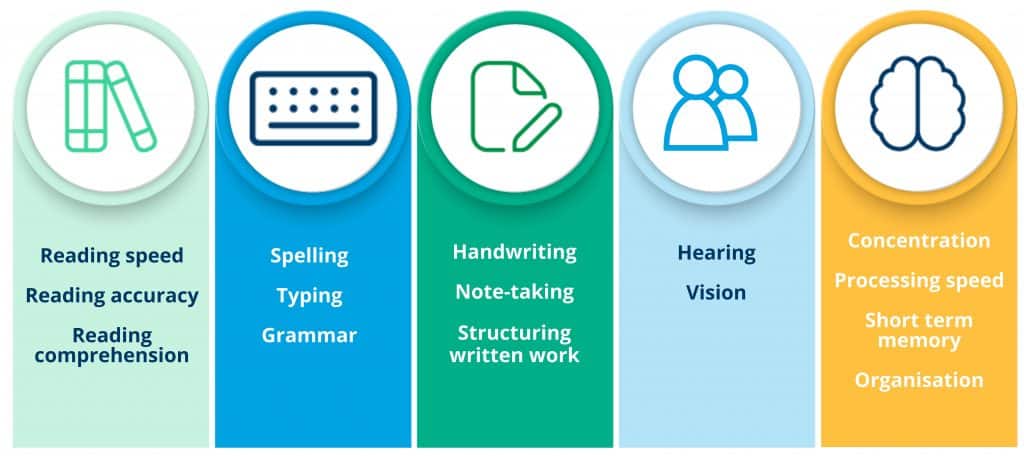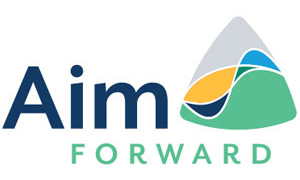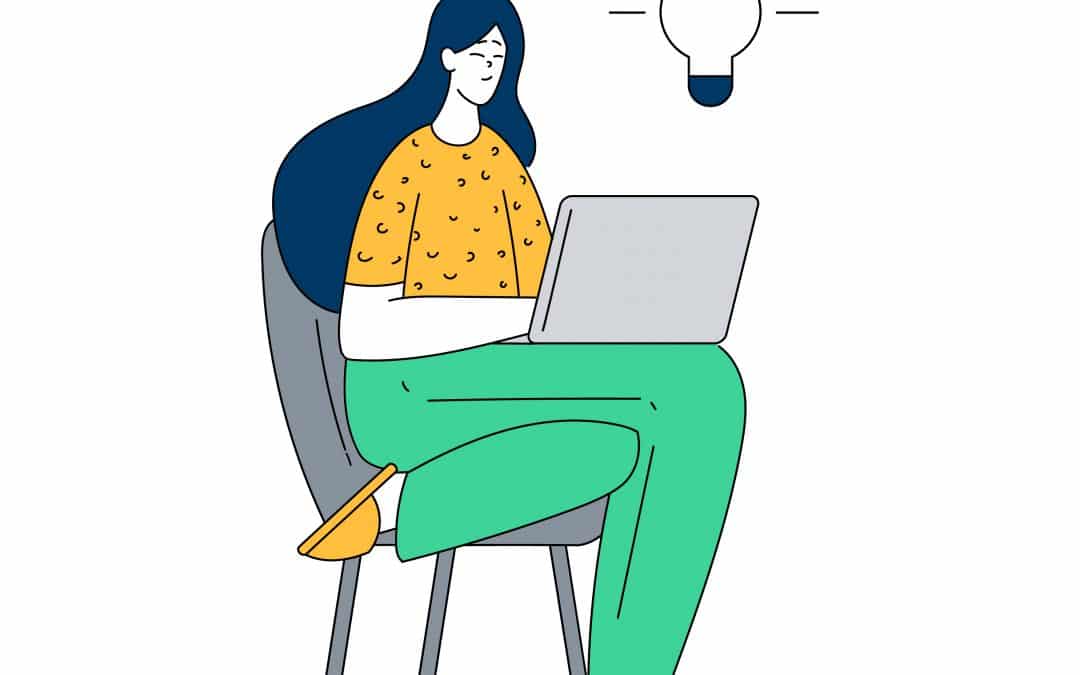What is AI and assistive technology?
AI and assistive technologies are tools and devices that can support work or study, and are particularly useful for those with a neurodivergence, mental or physical health condition, to leverage their strengths, mitigate barriers and thrive in the workplace or education. Smart, adaptive technology can learn, respond, or personalise itself based on an individuals’ needs and behaviour.
Who can use AI and assistive technology?
Everyone can! It can provide a wide range of benefits to anyone who uses a laptop, tablet or mobile device to work or study. We are increasing hearing more about the benefits of AI in the way we work or study, but in our sector we have been working with assistive technologies that ‘learn’ through the data they are fed and user interactions for many years.
Specifically, for those with a neurodivergence or mental or physical health condition, AI and assistive technologies can help to increase productivity by making day to day tasks such as reading, reviewing text, or transferring their ideas onto a page easier. As you continue to use them over time, they continually ‘learn’ and ‘adapt’ to your needs, and provide tailored support, as for example we know not everyone who has dyslexia, ADHD, or autism experiences the world in the same way.
How can AI and assistive technology help?
If you find difficulties with any of the areas below, then there will be AI or assistive technology that can support you to be more productive and effective in your work and studies:

Types of AI and assistive technology:
- Spelling software: Software that provides automatic spelling corrections as you type (in any programme).
- Punctuation & Grammar software: Software that checks spelling, punctuation and grammar, and some can provide text prediction as you type (in any programme).
- Text-to-speech software: Software that reads text aloud from documents, the internet or scanned books.
- Speech-to-text software: Software that dictates your work into electronic text such as word documents, eliminating the need to type.
- Mind-mapping software: Software that allows you to visually brainstorm, organise and present ideas.
- Well-being and mental health apps: Can offer personalised support and self-management tools from your smart phone.
- Note-taking software: Work with your computer, mobile phone or video meeting software to capture and visually present recorded audio.
- Screen magnifiers & readers: Software that magnifies your screen and reads text and information aloud
- Digital radio aids: Used to boost hearing performance over distance or in noisy environments.
- Smartpens: Allow you to simultaneously record audio and (when written on special paper) capture your handwritten notes electronically (via a camera on the point of the pen).
- Digital Voice Recorders: Record audio, allowing you to record what is said (e.g. in meetings) that can be listened to again later.
There are often free or basic versions of these already inbuilt into Microsoft, Windows, Apple, Google, and various free apps. It is great to see these being adopted by people all over the world as we embrace new technologies and ways of working. There are also more sophisticated and advanced versions available, that work more specifically and adapt to the individual needs of neurodivergent users, but these are often at cost.

What are the benefits of AI and assistive technology?
There are so many different benefits of using AI and assistive technology, and they are generally seen across 4 main areas:
Firstly, an increase in productivity. Those who experience difficulties with the reading process will be able to review text faster when it is read aloud via text-to-speech software. Those who experience slow typing speeds will be able to compose work more quickly with speech-to-text software (dictation), up to three times faster (words per minute). All these productivity gains add up and accumulate to significantly increase productivity over a longer period of time.
Secondly, an increase in quality. When an individual spends more time on their ideas, and less time worrying about their spelling, their content will meet professional and academic standards more often. An individual who experiences difficulties with spelling can spend a long time proofreading a report or major presentation. Taking away barriers like procrastination caused by fear or making mistakes makes it more likely that their standard of work will increase, because they can focus on the content of their writing.
Thirdly, an increase in consistency. Spelling software can be used to eliminate errors and support a more consistent writing approach across different platforms and to different audiences. Work can be read back to the user using text-to-speech software, which speeds up the proofreading process, increasing accuracy and consistency. The process of mind-mapping can improve long term memory by 10%.
Finally, improvements in wellbeing. Whether this is through specific wellbeing apps and software, or through the introduction of support in the areas an individual can find difficult, users can hopefully spend more time on things they enjoy: this can lead to more creative thinking, confidence and increased wellbeing in their work and studies.
Over 95% of employees who have a needs assessment with Aim Forward have reported an increase in wellbeing as a result of the AI and assistive technology we’ve recommended.
Here are some of the other specific benefits, across different types of AI and assistive technology:

How do I know what AI or assistive technology would work best for my needs?
With so many different options out there it can feel very confusing and daunting.
That’s where a needs assessment with Aim Forward can help. You spend 2 hours with an experienced needs assessor who understands the breadth of different types of AI and assistive technology that can help. Whether you are looking for help in your work or studies, they have the expertise to explore what will make the biggest difference to you, across reading and research, writing and composition, meetings, presentations, note-taking, time-management, organisation, your environment, your wellbeing, and potential reasonable adjustments. Together you will look at potential AI and assistive technologies that have the potential to transform the way you work or study.
It doesn’t need to be expensive either, recommendations can vary from inbuilt software that is free, to more sophisticated paid-for software. As every session is unique we will be led by you and what you are looking for.
Get in touch with our friendly team for more information about how we can support you.


Recent Comments